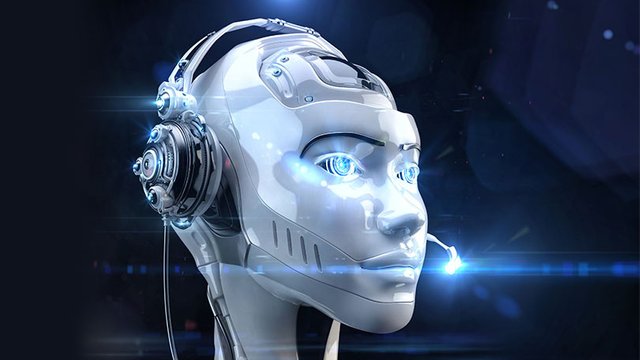
Imagine having an intelligent conversation with a computer. Imagine that the computer doesn’t need to repeat things back to you or ask you to confirm what you just said or asked. That it responds in a voice that doesn’t sound like a robot. Well, let me introduce you to Google Duplex, which may be the world’s most lifelike computer.
Google I/O 2018, Google’s annual developer conference, is just wrapping up, and there are numerous articles sharing highlights of the conference. One that caught my attention was a report about how Google Duplex and the Google Assistant can handle calls. What’s fascinating is that this isn’t a reactive chatbot or voice interactive system. In other words, it isn’t technology to be used by the support center when a customer calls with questions, although it will eventually expand to that area. This is a proactive assistant for consumers that will actually make a phone call, for example, to request a dinner reservation or an appointment for a haircut. The “assistant” interacts with the person on the other end as if it were human. It even includes confirmation phrases (also known as sub-vocals) such as “mmm-hmm” and “er,” and can match humans’ voice patterns and pace of conversation.
This was proven when Google’s CEO, Sundar Pichai, demonstrated the technology with a recording of two telephone conversations. You can listen to the conversations here, and I highly recommend you do. You will probably find the conversations fascinating if nothing else. Maybe even a little scary or creepy!

On the first call, which was to set up a haircut appointment at a salon, the salon’s receptionist asked the caller (Google Assistant) to hold on. The Assistant responded with “Mmm-hmm,” which caused an eruption of applause and laughter from the 7,000 in attendance. There is no doubt that the receptionist had no idea she was talking to an AI-powered technology. (The ethical question as to whether or not Google Assistant should have identified itself as a computer is an interesting topic for another article.)
Later in the same article is a recording of a second conversation, in which the machine is calling to make a dinner reservation. Even with the ridiculous way the restaurant employee handled the call, the Google Assistant was not confused.
Here’s my take. We’re entering an age when conversations with computers are reaching new heights of quality and reliability. There’s still lots of room for improvement, but as we see in the demonstration, the technology is getting better, and at a rate of speed that would make Mario Andretti and Danica Patrick proud. Even Stanley Kubrick’s film 2001 A Space Odyssey (1968), which features H.A.L. 9000, which for me, sets the bar for voice interactive technology, won’t hold a candle to what we can expect in the very near future. In the next year or two, companies like Google, IBM, Salesforce and other mavericks in the AI field will continue giving AI a voice and bringing it to life.
Yet, I still believe that AI’s capability to interact with humans on a deeper level has a long way to go. Even with a lifelike conversation and the ability for the computer to recognize the sentiment and mood of the other person, the technology is still a long way from being used for more than simple and rudimentary interactions. The lifelike chatbot experience is here, and the AI-powered voice experience is not that far behind.
But considering how far the technology has come, and how quickly, I’m sure the capability for deeper interaction is not far behind. How do you feel about using the technology in your personal life? It could be a timesaver, but would you feel as if you are giving up some of the actual human interactions that make up your day? There’s no doubt that the technology is becoming accepted for business use. If you aren’t already using some kind of AI, you might want to consider it. Today’s tech offers many ways to streamline your business process.

Hi! I am a robot. I just upvoted you! I found similar content that readers might be interested in:
https://www.forbes.com/sites/shephyken/2018/05/13/google-introduces-lifelike-ai-experience-with-google-duplex/
Downvoting a post can decrease pending rewards and make it less visible. Common reasons:
Submit